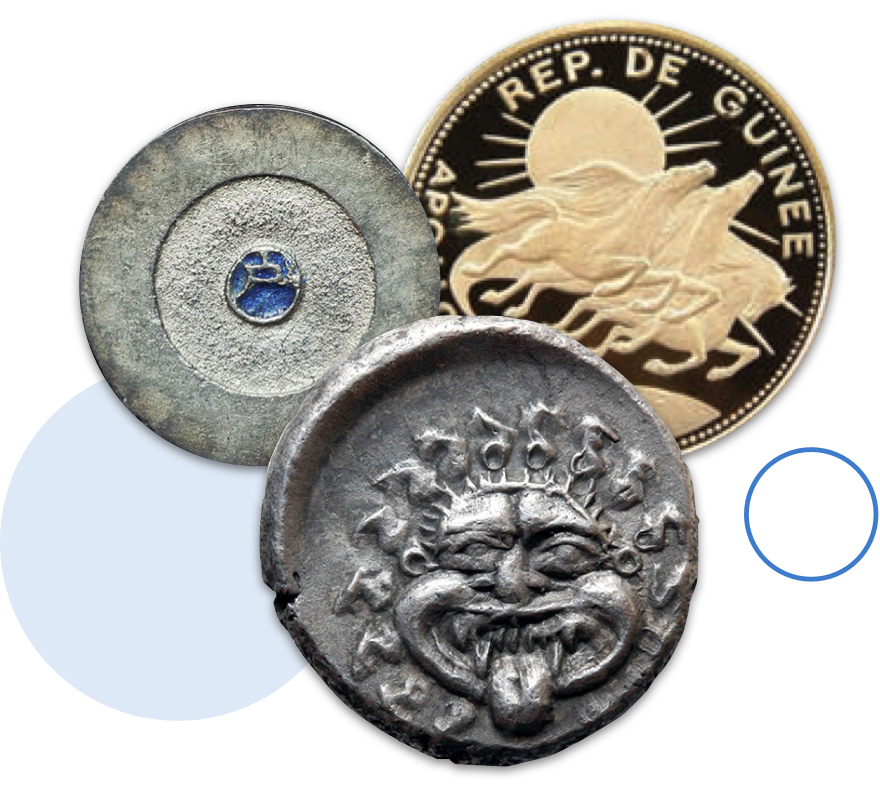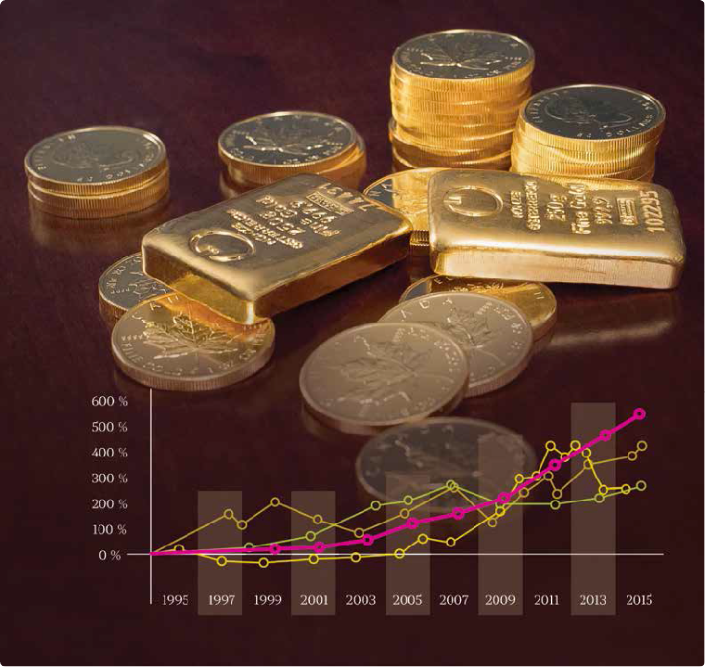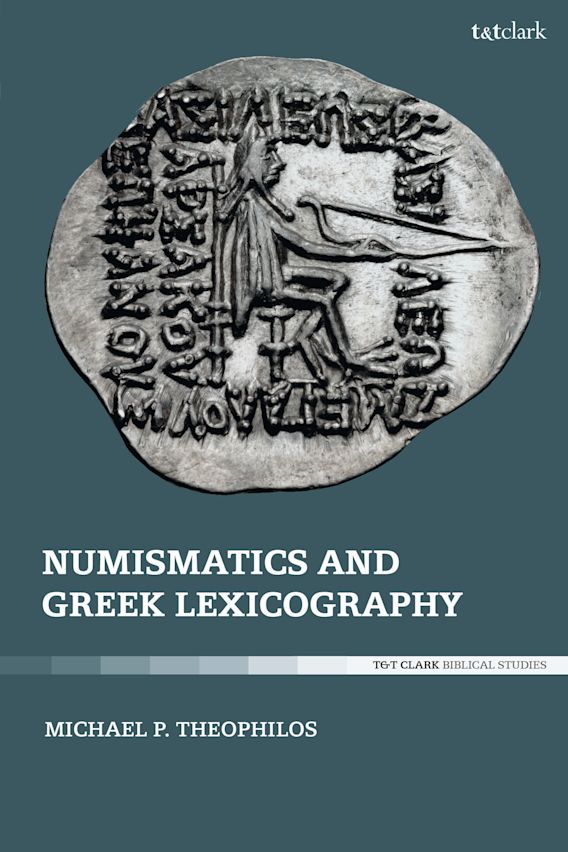New Suggestions For Deciding On Banknote And Banknote
Wiki Article
What Can I Learn About Local And Global Associations For Numismatics By Using A Database To Conduct Research?
For conducting such research, follow this approach: This is a method that can be structured for conducting such research. JSTOR is a repository of academic articles conferences, databases, and conference proceedings.
Define Research Focus: Specify your research objectives. You might be interested in the past of numismatic societies, their activities including regional collaborations, conferences and regional meetings, or in particular numismatic subjects that these organizations discuss. Find out what you are looking for to aid your research.
Search Strategies: Keywords like “numismatic organizations,” "global numismatics," or "regional numismatics" are helpful. It is also possible to include association names and geographic regions, if you want. Use advanced search options to filter results based on the date, type of document (such as conferences papers or newsletters of associations) as well as geographical area.
Data Collection: Access details about the membership, history, activities and publications for the global and local numismatic association. Look up information on previous or upcoming conference, research collaborations and workshops. Search databases for information about members, contacts and leadership information.
Examine the data to evaluate the effect on the role of both global and regional numismatic associations. Consider the ways in which these associations help the growth and diffusion of research on numismatics, international collaborations and publications.
Cross-Referencing: Check your findings by cross-referencing information across different sources and databases. Compare the activities and initiatives of various associations to get a comprehensive view of the global and regional trends in the field of numismatics.
Documentation - Record your findings, citing the sources you employed and highlighting any methodology that you used. Detail the databases utilized, the keywords you looked up, as well as the relevance to your query.
Keep yourself up-to-date Numismatic associations are always evolving, with new publications and conferences. They also collaborate in projects. To stay up to date on the latest developments in the field of numismatics in both regions, keep an eye on association websites and databases.
These steps will help you use databases to investigate numismatics with respect to local and international associations. This approach enables a thorough study of the organization structure, scholarly activities, and collaborative efforts that shape the numismatics field on a global and regional scale. Have a look at the top more hints about banknote storage for more examples including numismatics, lira, rand, currency exchange, coin edge, banknote holder, coin planchet, banknote errors, banknote printing, coin book and more.

How Do I Use A Database To Research Numismatics With Regards To Exhibition And Show Events?
In order to conduct numismatic research, is crucial to use databases that store information about shows, exhibitions, conferences, and other events. For conducting such research, here's how to choose a database: Select databases that specialize in numismatic events and shows. Some examples include the websites of major numismatic organizations like the American Numismatic Association.
Define Research Focus: Specify your research objectives. Do you have a desire to researching the upcoming and previous numismatic shows, conferences focused on numismatics? Are you interested in regional coin shows, thematic exhibitions or other educational activities? Find out what you are looking for to guide your search.
Search Strategy: Include keywords like "numismatic exhibitions," coin shows" or "numismatic event" and, if appropriate include the names of particular events, locations, themes, or other relevant information. Search results can be narrowed by the date, event type (such conferences, exhibitions) or geographical region using the advanced search option.
Access to information on past and future numismatic exhibitions. Gather information about the dates of events, the places, the organizers, any special collections or themes featured in the event, along with participating exhibitors and publications. Search databases for virtual tours, or access to exhibition documents.
Analyze data to identify themes, trends, and educational objectives for numismatic exhibits and other events. Analyze how different exhibits and shows increase the public's understanding of numismatics.
Cross-Referencing Verify your findings using information from different database databases, listings of events, or official websites. This will ensure accuracy and completeness when conducting your research. It also provides a comprehensive overview of numismatic exhibition activities globally.
Documentation: Documentation is crucial. Note sources and the methodologies you have used. Keep track of details on the databases you have accessed, the search terms used, as well as the importance of every source you use to answer your research needs.
Keep yourself up to date: Numismatics events are always changing and new exhibitions, shows and conferences scheduled on a regular basis. Stay up to date by checking for the news of numismatic societies and event organizers, and specialized databases for the latest details on events coming up.
Follow these steps to effectively explore numismatics as it relates to exhibitions and shows. This method allows for a thorough study of the range of educational value, as well as the scholarly value of numismatic shows and other events around the world. View the best banknote design for site info including numismatic value, coin planchet, banknote society, currency forum, coin book, collector, coin issue, banknote value, banknote dealer, peso and more.

How Can I Find Out More About Numismatics For Historians And Researchers By Using Databases?
This research is arranged by following the following steps: Database Selection: Select databases that are specialized in research in numismatics. These include historical archives academic journals, academic databases, and institutions' repository. Here is a comprehensive approach for conducting this type of study: Database selection: Choose databases that are specialized in historic archives, numismatics as well as academic journals. JSTOR, Google Scholar and numismatic journals (such as the American Numismatic Society) are examples.
Define Research Focus: Specify your research objectives. Are you curious about the historical context for artifacts in the numismatic field, the methods of research used by historians in the field of numismatics, certain numismatic subjects studied by scholars, or the contribution that researchers can make to the numismatic community? Find out what you are seeking to reduce your search.
Use keywords, like "numismatics," “numismatics research," "historical numismatics," and, if applicable historic periods, geographical areas, or topics related to numismatics. Utilize advanced search options for filtering results by document type, date (such as dissertations or articles) as well as author affiliation and type of document.
Data Collection: Get access to details related to numismatics like scholarly articles as well as research papers. Gather information like the publication's title author, abstract methodology, the method used as well as the historical context analyzed, and more. Search databases for digitized collection of numismatic research or projects.
Analysis: Analyze and interpret the information in a way you are able to comprehend the research methods employed by historians and researchers in numismatics research. Assess how numismatic objects contribute to larger historical narratives as well as economic analyses as well as cultural studies and political histories. Review the research and methods of various researchers on different topics in numismatics.
Cross-Referencing: Verify your findings by cross-referencing them across databases as well as academic publications and institutional repository. This ensures that your research will be precise and complete. You can also get an understanding of the contributions made by Numismatics scholars.
Documentation - Document your research findings in a structured manner including sources and the methods you used. Provide the database that you used, the search keywords and relevance to your questions.
Stay Up-to-date: Numismatic research and scholarly research continues to evolve. Stay current by monitoring publications from journals of academic quality, numismatic societies and institutional repositories to get the latest research findings and methods in numismatic studies.
These steps can help you make use of databases to study the numismatics of historians researchers, and others. This technique permits a thorough examination of the historical interpretations and contributions made by historians and scholars in the study of the numismatic object within wider cultural and historical contexts. Read the top coin news tips for site info including yen, german coins, mint, collector, currency exhibition, euro, coin identification, uncirculated, precious metals, banknote society and more.

What Can I Do With The Database To Look Up Numismatics Regarding Online Forums And Communities?
Here's how to conduct a research: This is a method that can be structured to conduct such research. For instance, forums such as CoinTalk, Reddit's r/Coins, and specific numismatic communities on social media platforms like Facebook groups or LinkedIn.
Define Research Focus: Specify your research objectives. Do you want to understand current collecting trends or discuss particular coins, historical periods or seek advice about authenticity and grading. Make clear your objectives to find the right answer.
Search Strategy: Make use of keywords relevant to the subject you are interested in, such as "numismatic forum,"" "coin collecting community," "online discussion forums on the subject of numismatics" and keywords that pertain to specific topics, (ancient coins or modern coins), or keywords related to your research. Use search functions within each platform to find relevant threads and discussions.
Data Collection: Access data from discussions, threads, and other posts on the internet forums and communities. Find out about strategies for collecting and methods of identifying coins and market trends. You can share your own personal experiences in numismatics or talk about the issues of culture.
Analysis: Examine information to gain a greater understanding of opinions of experiences, knowledge, and experience shared by the members of online numismatic groups. Consider the level of expertise, consensus, as well as the quality of discussions among members to judge the accuracy of the information.
Cross-Referencing: Verify your findings by cross-referencing information across different forums and communities. Review the information on various platforms to get a wider perspective of collecting trends and market sentiments.
Documentation: Document your findings consistently, including particular threads, discussions, and contributors as required. Note key trends, insights and the opinions that are shared in the forums and communities on the internet.
Stay engaged: Participate actively in discussions, ask questions and add to it in order to gain new knowledge and establish relationships within the numismatics community. Keep up-to-date on the latest threads. Updates, replies and announcements to stay informed of most recent developments and discussions.
These steps will help you use forums online, communities, and other sources effectively to conduct research on the subject of numismatics. This gives you access to the experience and knowledge of a wide variety of experts and collectors. You can gain valuable insights on different aspects of the collecting of coins, identification and appreciation. Take a look at the top coin planchet url for website tips including numismatics, banknote identification, coin release, gold coins, coin magazine, banknote certification, coin mold, denomination, copyright, copyright detection and more.

How Can I Find Out More About Technology Providers Through A Numismatics-Related Database?
To conduct such research, here's a systematic procedure: Select databases that are specialized in technology providers that relate to the numismatic field. Here is a methodical way to conduct such research. They include reports from industry and websites of technology firms.
Define Research Focus: Specify your research objectives. Are you interested in learning about the latest coin imaging technologies? What about advances in technology for authentication (such as spectroscopy, fluorescence X rays) and digital cataloging for numismatic collections or technology-based solutions to identify counterfeits. Find out the purpose of your research.
Search Strategy: Use specific keywords, such as "numismatics technology providers," "coin images systems," or "authentication for coins" as well as include firms that specialize in specific technology. You can also use advanced search options in order to narrow the results according to the date, industry, and types.
Data Collection: Access technological innovations and advances in numismatics. Collect information such as company profiles and product descriptions, as well as technological specifications, case studies of technology implementations, and reviews of the latest technological solutions to the numismatic field.
Analyze your data to determine the effects and capabilities of technologies offered by different firms. Evaluation: Evaluate the technologies to determine how they enhance authentication, enhance cataloging, help in the field of numismatics and address challenges like fake detection in the field of numismatics.
Cross-Referencing: Verify your findings by cross-referencing information across different sources, including industry reports and technology-related websites and numismatic publications. This will guarantee the accuracy and thoroughness of your research. Also, it provides insight into the many technologies that can be used to solve numismatic problems.
Documentation. Record your research findings, including the sources you consulted and noting any methodology used. Keep track of details on the databases used, keywords used to search, and the importance of every source you use to answer your research questions.
Stay Current: Numismatics evolves as new tools for digital cataloging, authentication, and imaging are being developed. Stay informed by keeping the latest information on numismatic services from technology companies.
Utilize these tips to use databases efficiently to study the world of numismatics in relation to technology providers. This approach allows a comprehensive study of the technological innovations shaping authentication, cataloging, research capabilities, and numismatic practices. Take a look at the recommended great site about coin news for site tips including silver coins, uncirculated, currency forum, obsolete currency, proof coins, coin history, rial, coin rarity, coin value, currency collecting and more.
